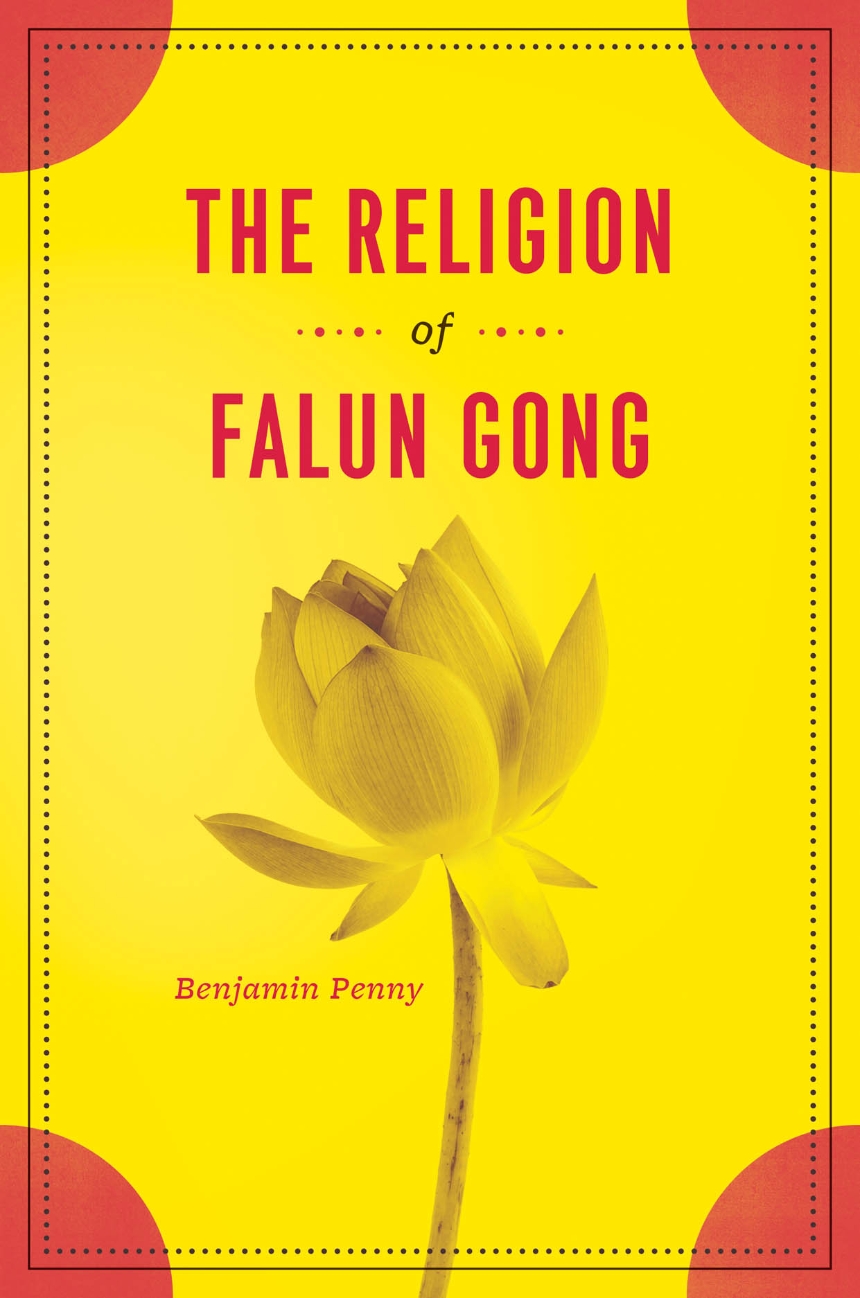The Religion of Falun Gong
In July 1999, a mere seven years after the founding of the religious movement known as the Falun Gong, the Chinese government banned it. Falun Gong is still active in other countries, and its suppression has become a primary concern of human rights activists and is regularly discussed in dealings between the Chinese government and its Western counterparts. But while much has been written on Falun Gong’s relation to political issues, no one has analyzed in depth what its practitioners actually believe and do.
The Religion of Falun Gong remedies that omission, providing the first serious examination of Falun Gong teachings. Benjamin Penny argues that in order to understand Falun Gong, one must grasp the beliefs, practices, and texts of the movement and its founder, Li Hongzhi. Contextualizing Li’s ideas in terms of the centuries-long Chinese tradition of self-cultivation and the cultural world of 1980s and ’90s China—particularly the upwelling of biospiritual activity and the influx of translated works from the Western New Age movement—Penny shows how both have influenced Li’s writings and his broader view of the cosmos. An illuminating look at this controversial movement, The Religion of Falun Gong opens a revealing window into the nature and future of contemporary China.
